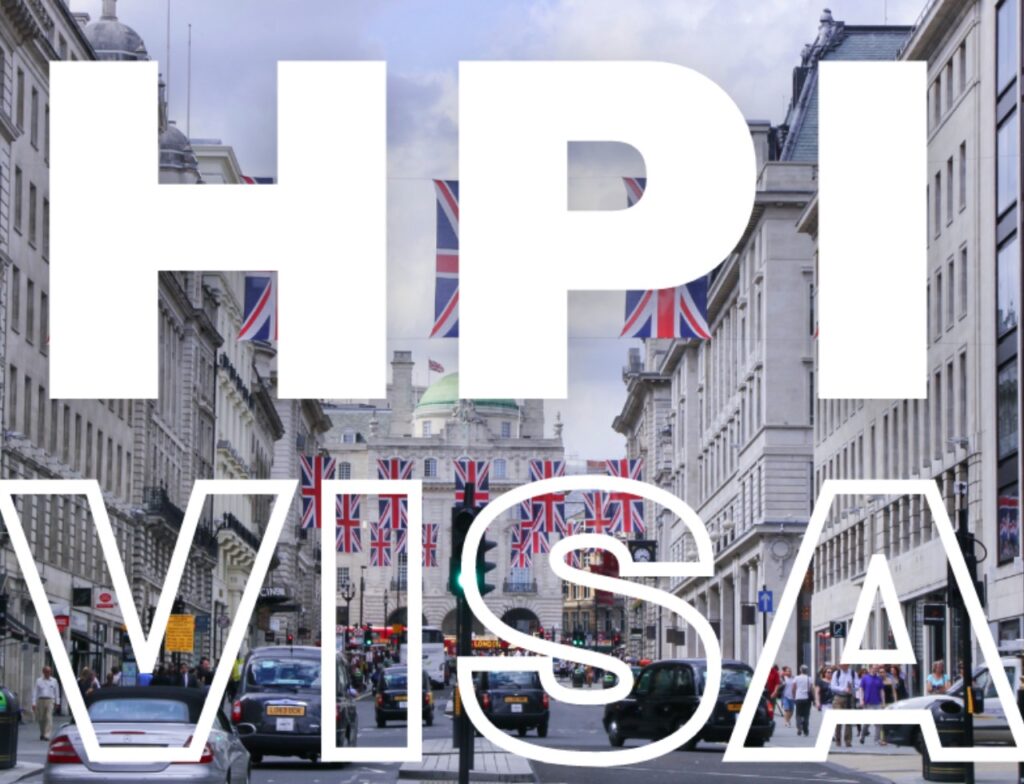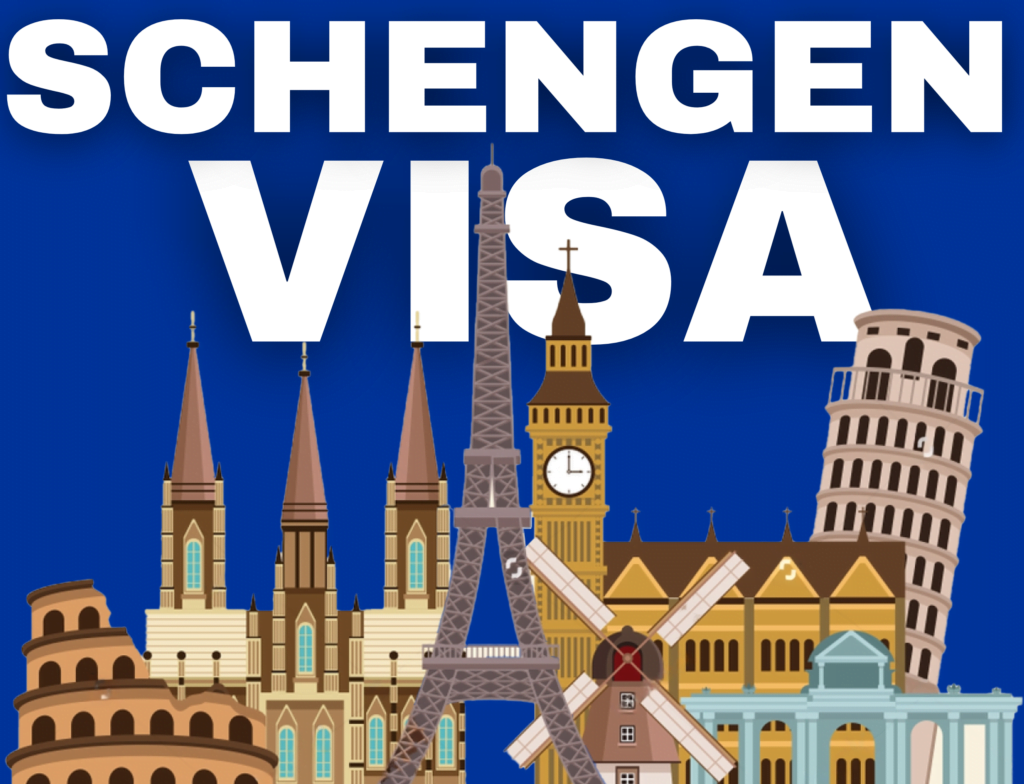Canadian authorities have also made a new policy decision that police clearance certificates will not be used as a requirement for persons wanting to enter the country as temporary residents either through students’ visas. This statement was made by Marc Miller, the Canadian Immigration, Refugees and Citizenship Minister, at a recent sitting of the House of Commons Standing Committee on Citizenship and Immigration. This change will greatly affect the Indo-Canadian populace and other foreigners, especially in terms of obtaining temporary residency status in the country.
Context and Clarification
Police clearance certificates have been an important subject of discussion in matters concerning potential immigrants and temporary residents for quite some time. At one time, Indo-Canadian MP Arpan Khanna continually raised issues that left Minister Miller with no other option but to explain the stand of the government. Miller was categorical to assert that ‘I have never said such certificates are needed by temporary residents. ’ This clears any confusion that existed regarding the necessity of police clearance certificates among temporary residents applicants.
The New Protocol
Canada does not ask applicants for police clearance certificates from their countries of origin; it has a strong system of biometric checks. Miller said that the verification process involves taking fingerprints of the drivers and matching them with the partner and police database. This way Canada’s security will remain intact but it won’t add any more burdensome procedures for the applicants. “We do not, as a routine matter, require them for temporary residents,” Miller said this time, pointing to the efficiency of the new system.
Implications for Indo-Canadian Applicants
This policy change is especially more important because a large number of students and IT professionals travel to Canada on temporary work visas each year. The process of getting clearance certificates from police in India was always a tedious and lengthy affair which sometimes led to delay in visa processing. This way, Canada has eliminated one of the most daunting barriers Indian applicants face and turned the country into the dream land for education and opportunities.
Security and Efficiency
Miller’s comments also responded to some of the issues that arose on the matter of the police clearance certificates’ efficiency and trustworthiness. He said that such documents may not always be genuine and can put to question the effectiveness of the screening being conducted. However, biometric verification is a more effective and credible way of identifying individuals seeking entry into Canada and who may be a security threat. This strategy can be viewed as a rational and realistic equilibrium between the commitment to national security and the encouragement of temporary residents’ immigration.
Cascading Security Screening
Procedural amendment has done away with the usual demand of the police clearance certificates but, as stated by Minister Miller, they may be demanded in some circumstances. Applicants may still be required to offer these certificates if an immigration officer thinks it is relevant in a sequential security screening process. This provision means that the immigration system will be able to maintain sufficiently elastic to be able to handle specific issues of security.
Conclusion
This is because the recent move by the Canadian government to remove the standard practice of demanding police clearance certificates for temporary residents is a step towards right direction in the process of immigration. For the Indo-Canadian community and other international applicants this has taken away the many hurdles and shortens the path to get to study and work in Canada. Thus, using the biometric verification, Canada maintains high security levels in the country, making the immigration system more effective and appealing to immigrants. This is where Minister Miller’s clarification comes in: the emphasis will continue to be on tangible and effective measures designed to simplify entry without undermining security. It can be seen as a positive sign of Canada’s willingness to accept talented people and contribute to the globalization process.





